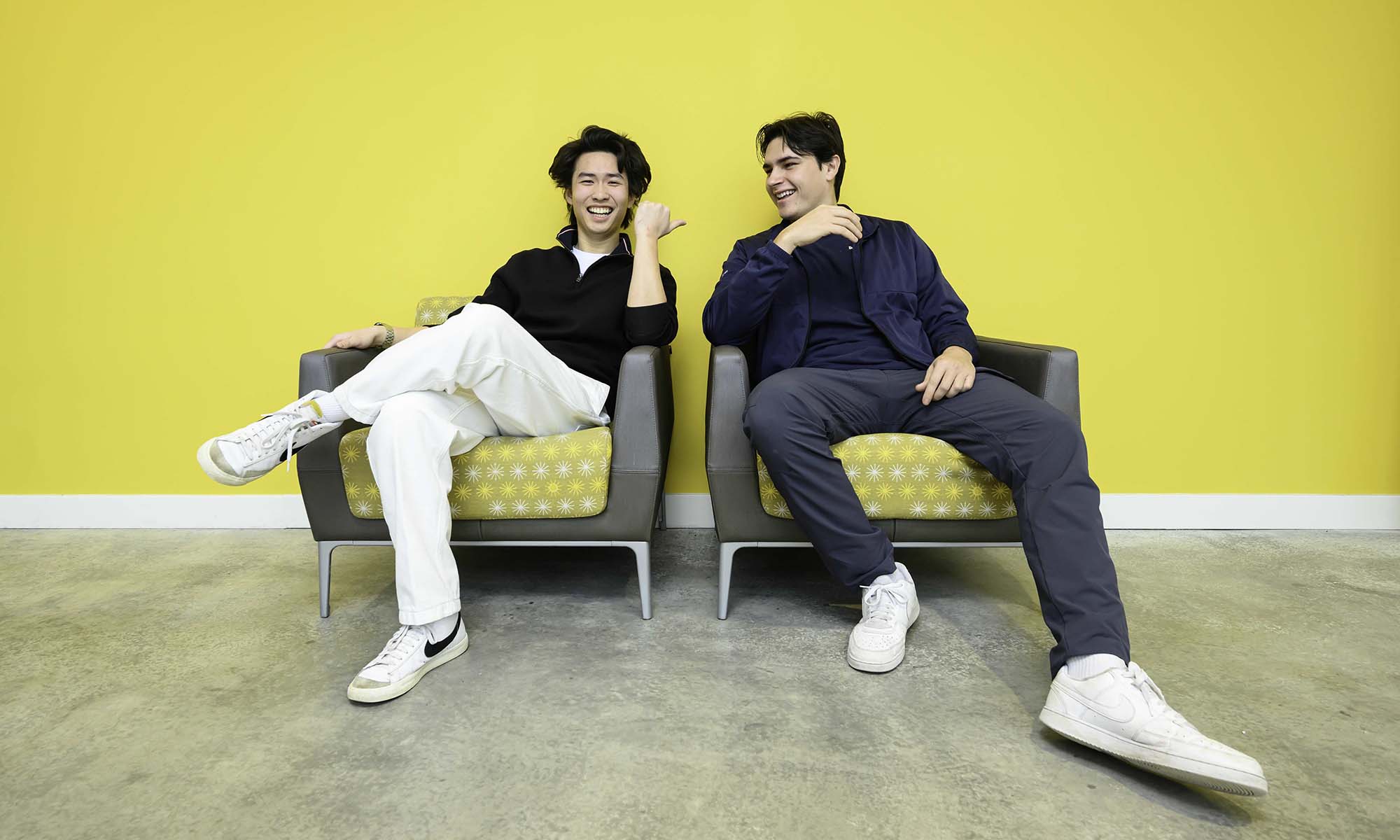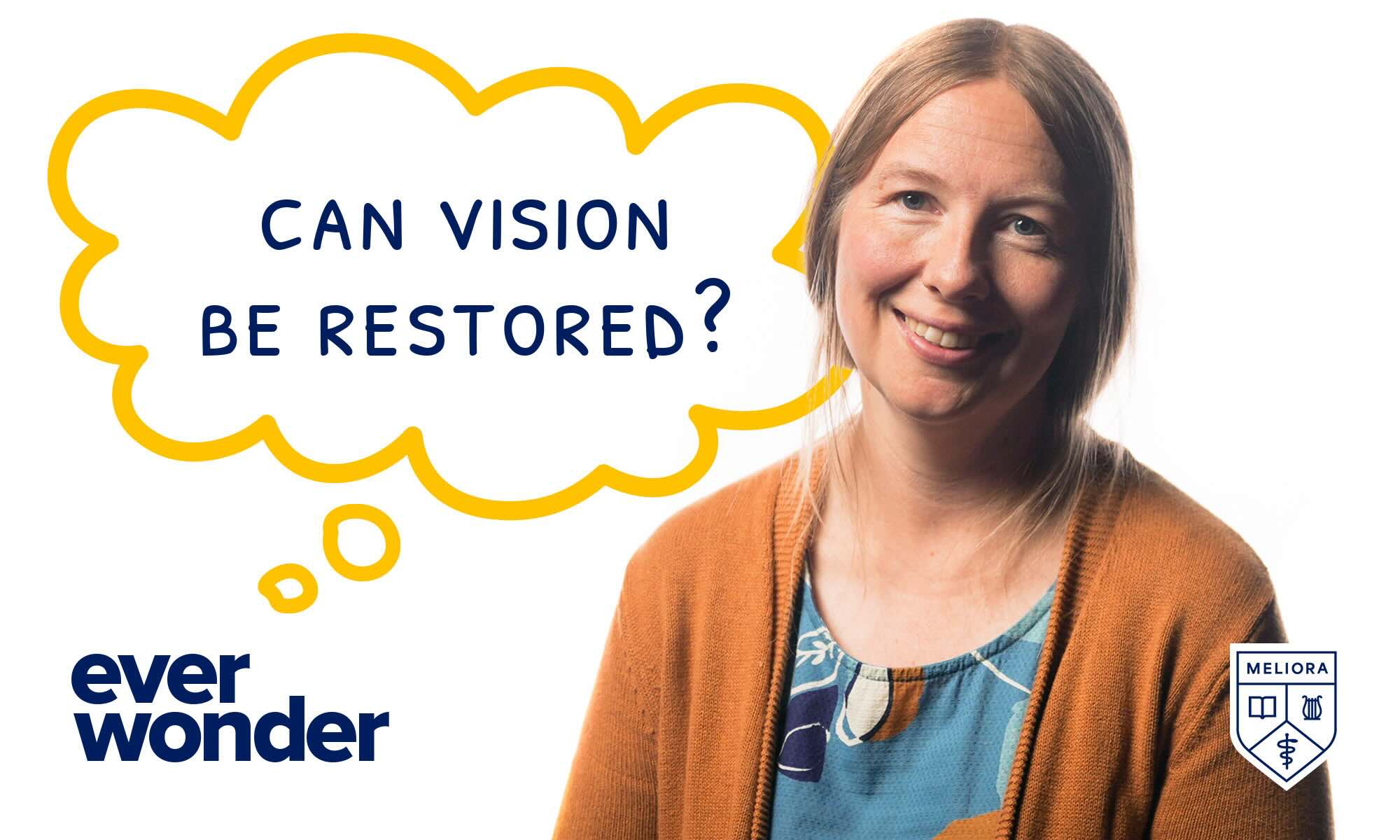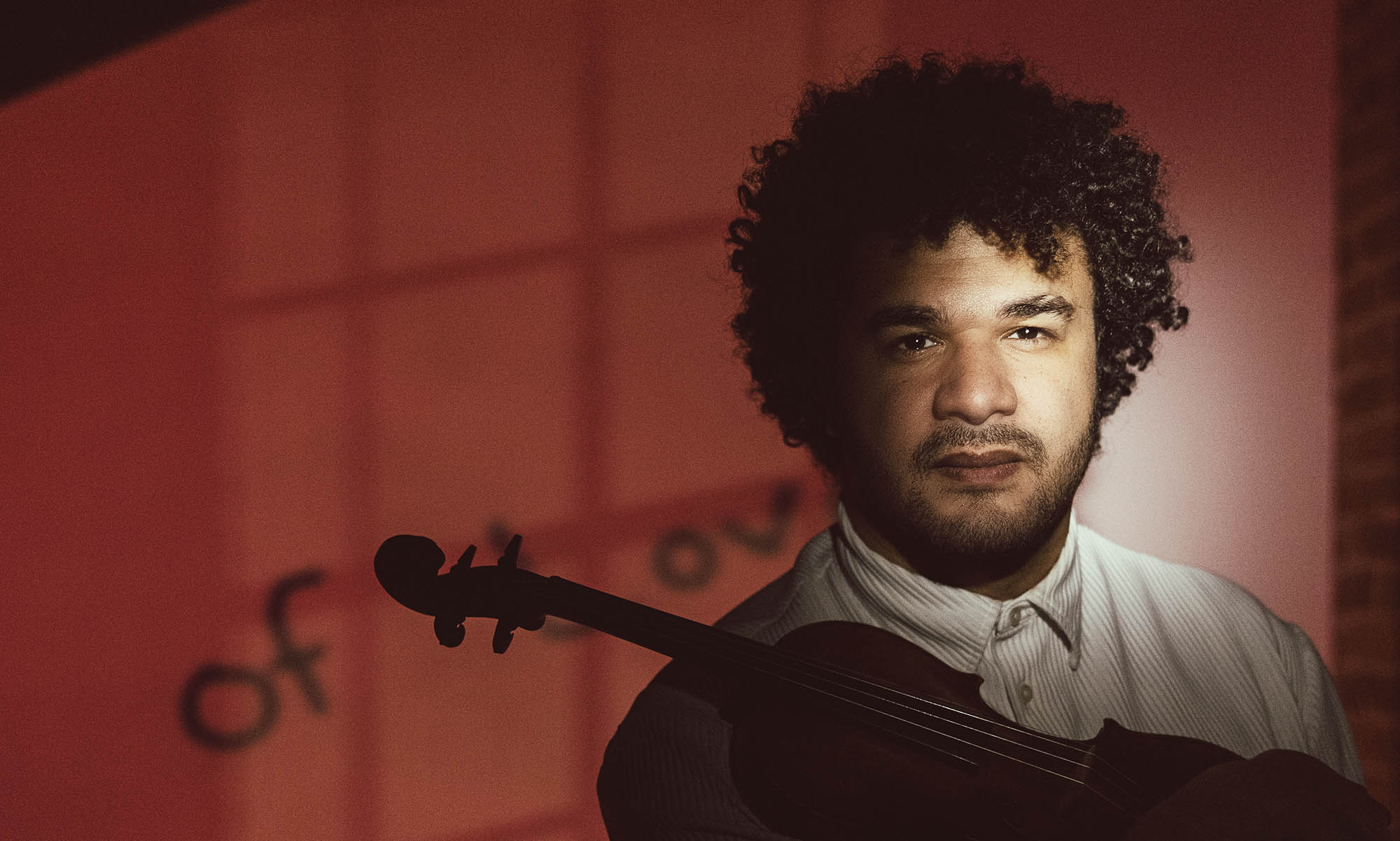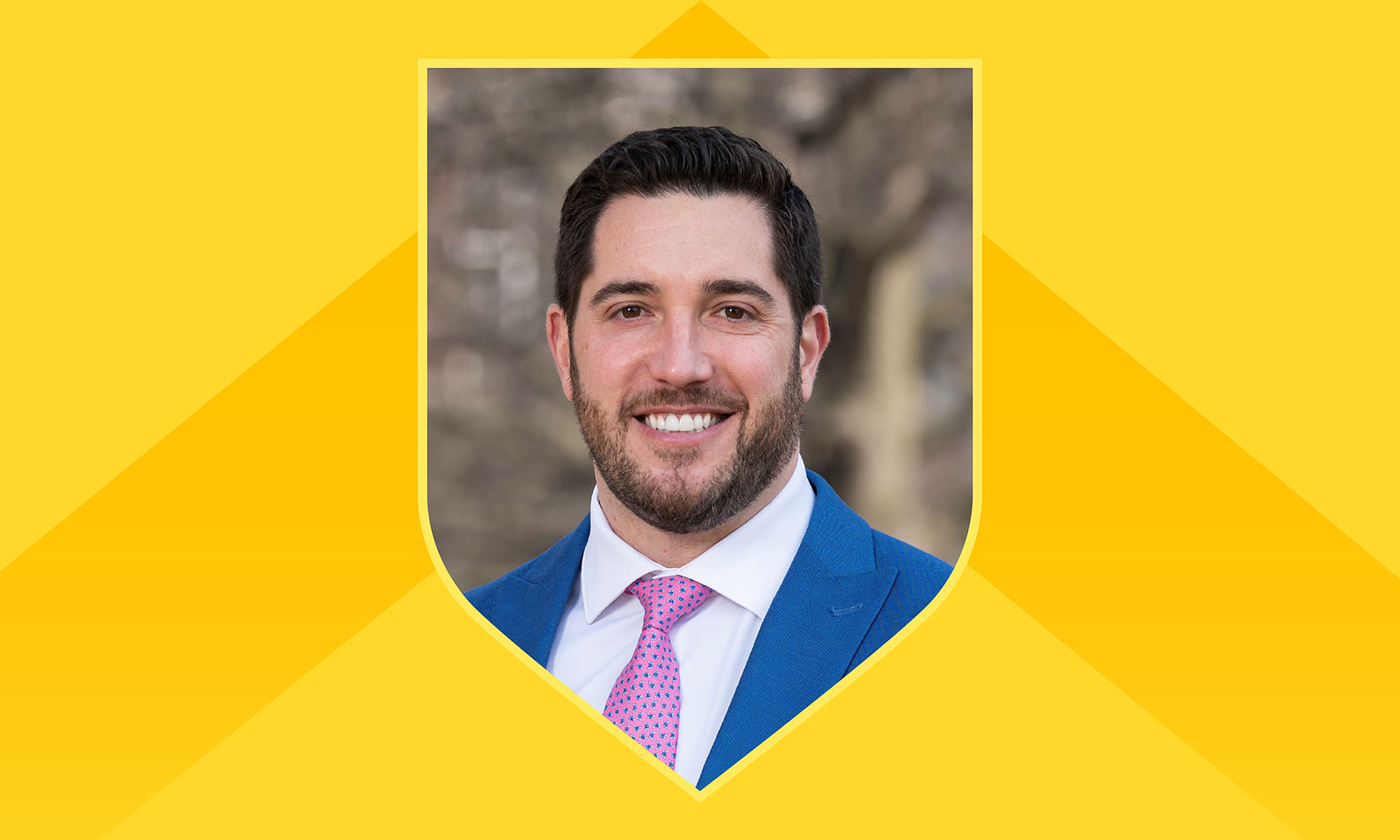
Science & Technology
Are humans predisposed to understand the complexities of music?
Listeners—regardless of formal musical training—can track complex tonal structures, offering a unique look at how the brain processes context.

University photographer J. Adam Fenster gives a behind-the-scenes tour of his favorite photos from this year. Plus, the research that resonated.











